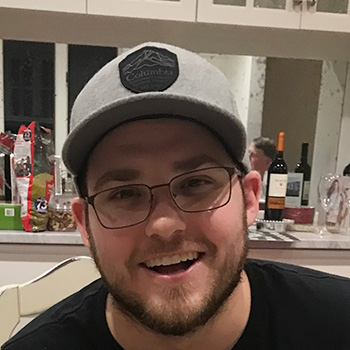The COVID-19 pandemic is changing nearly every aspect of our lives. This virus has created a unique set of challenges for those dealing with Substance Use Disorder. For example, social isolation is necessary to flatten the curve and take pressure off of our medical system. Unfortunately, social isolation has also been shown to increase the likelihood of relapse. Additionally, substance use has increased in general as shelter-in-place orders have been made in almost every state. People are trying to deal with their anxiety and boredom. This means that some people may be developing a problematic habit for the first time, it also means that those in recovery that are sheltered in place with friends/family/roommates may also have to be in close proximity to others who are using, another significant trigger for relapse.
Most forms of recovery will encourage people in recovery to rely on others who are on the same path. Whether it’s a sponsor, a group, or sober friends, there is significant evidence that support from others in the recovery community significantly increases positive outcomes in the recovery process. With the current social distancing rules, it is impossible to get to a meeting or even to even go get coffee with a sponsor. Fortunately, there are some great organizations like Live4Lali and PATH to Recovery providing digital meetings. But this is no true replacement for human interaction and support.
Many people who use drugs also have compromised immune systems. Using on it’s own decreases the body’s ability to fight off infection. What makes the situation even tougher is that many people who use drugs (especially IV drug users) have a higher chance of contracting chronic illnesses such as Hepatitis. These illnesses make people who use drugs more vulnerable to severe cases and death from the coronavirus.
Many people who use drugs are also compromised by their living situation. Some people who use drugs are homeless, living in shelters, inpatient rehab, and some are in jail. All of these living circumstances force you to be around many other people. This makes it impossible to adequately maintain social distancing. Additionally many shelters are closing because of the virus, causing many who are suffering to be faced with the pressure of finding a place to sleep. The many stressors of living in these sorts of circumstances are compounded by the looming presence of the virus which can make it extremely difficult to maintain sobriety.
This pandemic has caused fear, confusion, and misunderstanding. But, ultimately we have come together to make sacrifices as a society in pursuit of a common goal. Although things seem helpless at times, we find encouragement in what is accomplished when people come together. In this time of great need many people and organizations have stepped up to help in this fight. If you are reading this and asking yourself “what can I do?” we have a couple of suggestions. Giving your support to organizations that are still running meetings like PATH to Recovery and Live4Lali is very important to prevent relapse. We also recommend donating to organizations that are providing clean supplies like Live4Lali and the Chicago Recovery Alliance. Providing clean syringes and other supplies as well as safe sex supplies help reduce the spread of chronic illnesses like Hepatitis and HIV that are commonly transmitted through the sharing and reusing of needles. Not only do safe supplies help keep people who use drugs from contracting these issues, it also significantly alleviates the financial and personnel burdens that these ailments have on our medical system. Harm reduction measures help not just the impacted population but also our medical personnel and first responders who are putting themselves at significant risk in the face of COVID-19.

Steve Stefani is a board member of Hope for Healing. Steve was inspired to start Hope for Healing with his family after the devastating loss of his twin brother Matt to an overdose. Since his brother’s death, Steve has worked hard to heal his own wounds and is inspired to help others who are suffering with addiction. He is a graduate from the University of Dayton with a degree in Political Science, concentrating on Human Rights, non-profit and NGO work, and international politics. In his free time Steve enjoys playing the drums, reading, and playing with his dog Bo.
